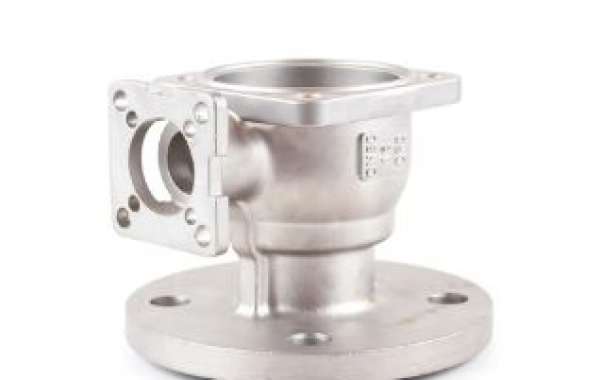Ball valves play a crucial role in the control and regulation of fluid systems. These valves are used to stop or start the flow of liquid or gas, making them an essential part of many industries, including water treatment, oil and gas, and chemical processing. The design of a ball valve features a hollow, perforated, and pivoting ball that controls the flow of fluid through it. When the valve is open, the hole in the ball aligns with the pipe, allowing fluid to pass through; when closed, the ball rotates to block the flow.
One of the most important advantages of ball valves is their ability to provide a tight seal. This ensures that the fluid or gas cannot escape, even under high pressure. This characteristic makes them particularly useful in applications where preventing leaks is critical, such as in natural gas pipelines or oil rigs. Additionally, ball valves are known for their quick operation. A quarter-turn of the valve is all that’s needed to either fully open or close the valve, making them ideal for systems that require fast and reliable shut-off.
Ball valves come in various designs, including floating, trunnion-mounted, and cryogenic versions, allowing them to be adapted to different applications. For instance, floating ball valves are typically used in smaller systems, while trunnion-mounted ball valves are ideal for larger, high-pressure applications due to their enhanced stability.
In addition to their functionality, ball valves are also durable. The materials used in their construction, such as stainless steel, brass, and carbon steel, provide resistance to corrosion and wear, ensuring a long operational life. This durability is especially important in industries like oil and gas, where valves must withstand harsh environments.
In conclusion, ball valves are essential components in fluid control systems. Their design allows for reliable sealing, quick operation, and versatility in various applications. Whether used in residential plumbing or large industrial settings, ball valves are integral to efficient fluid regulation.








